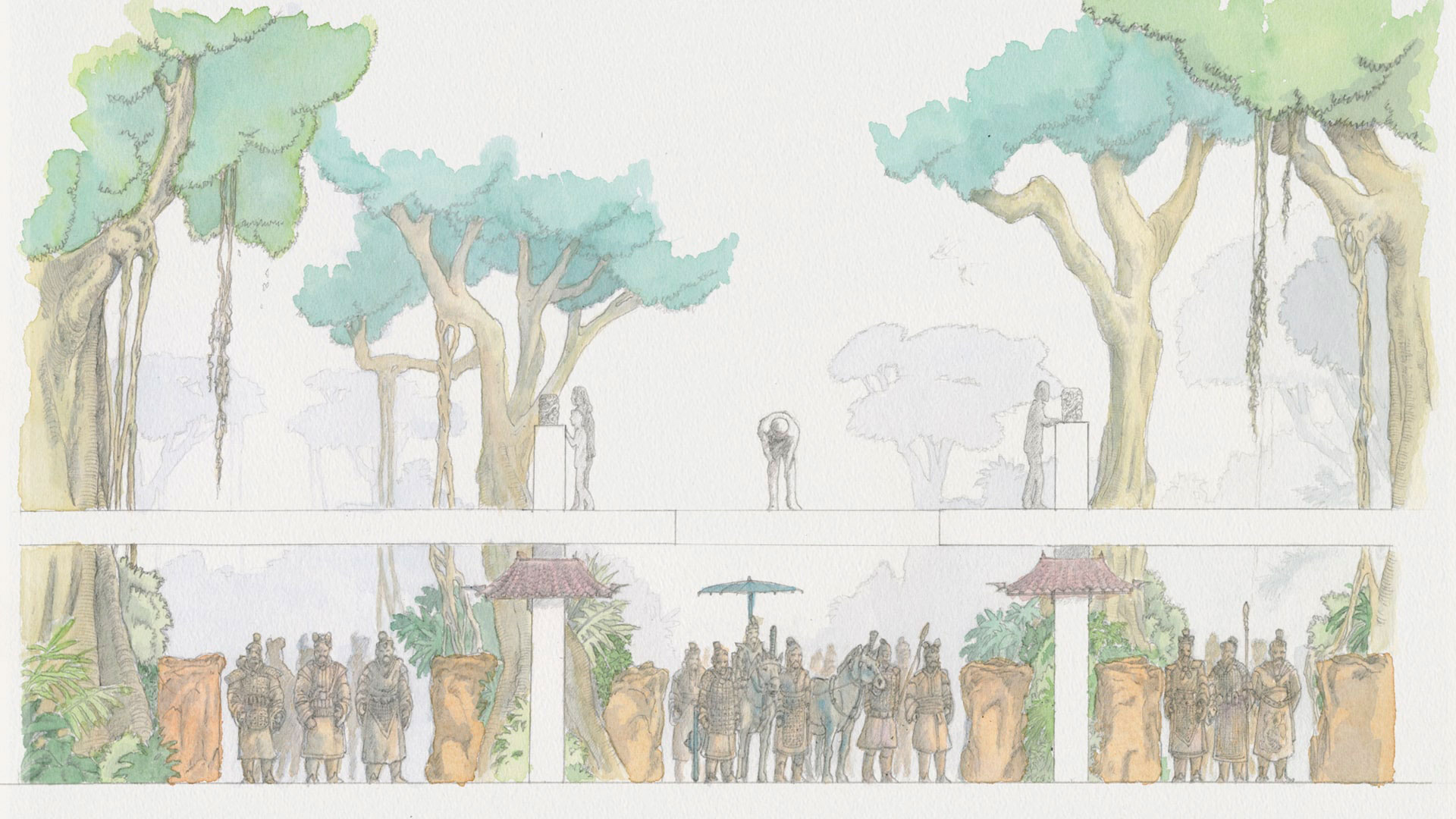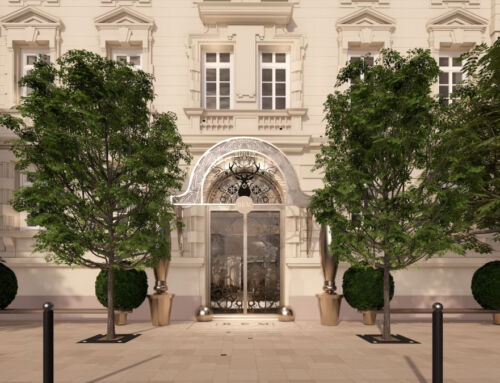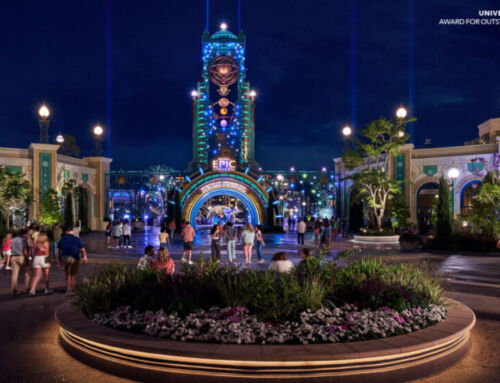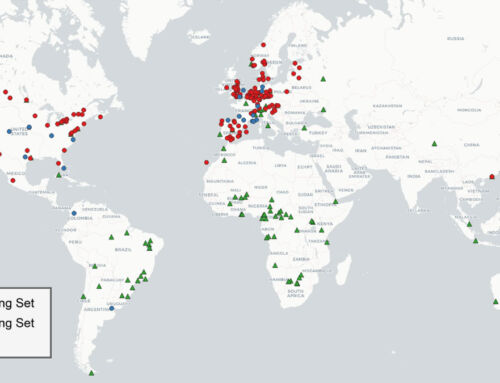We read in the local press that “Bioparc company is to invest 64 million euros in a park of the Silk Road”. The headline refers to Rain Forest, the concession company that manages the existing animal park in the city of Valencia, Spain, already famous – “currently registering more than 650,000 visitors a year” – for its “zoo-immersion” model. In other words, Bioparc is well known for a design and theming that eliminates barriers between animals and visitors. As a result, the experience of walking through its gates – or the bridge that leads to it – is as close as possible to that of a safari on the African savannah, or a walk through the thickets of Madagascar.
Indeed, the new Silk Road-inspired, all-in-one theme and animal park project, will address a narrative between conservation and culture, to create a journey where biodiversity and history go hand in hand. The aim is to transform the unused land adjacent to the Bioparc into three new themed areas, so that the complex will be consolidated as a tourist and conservation landmark.
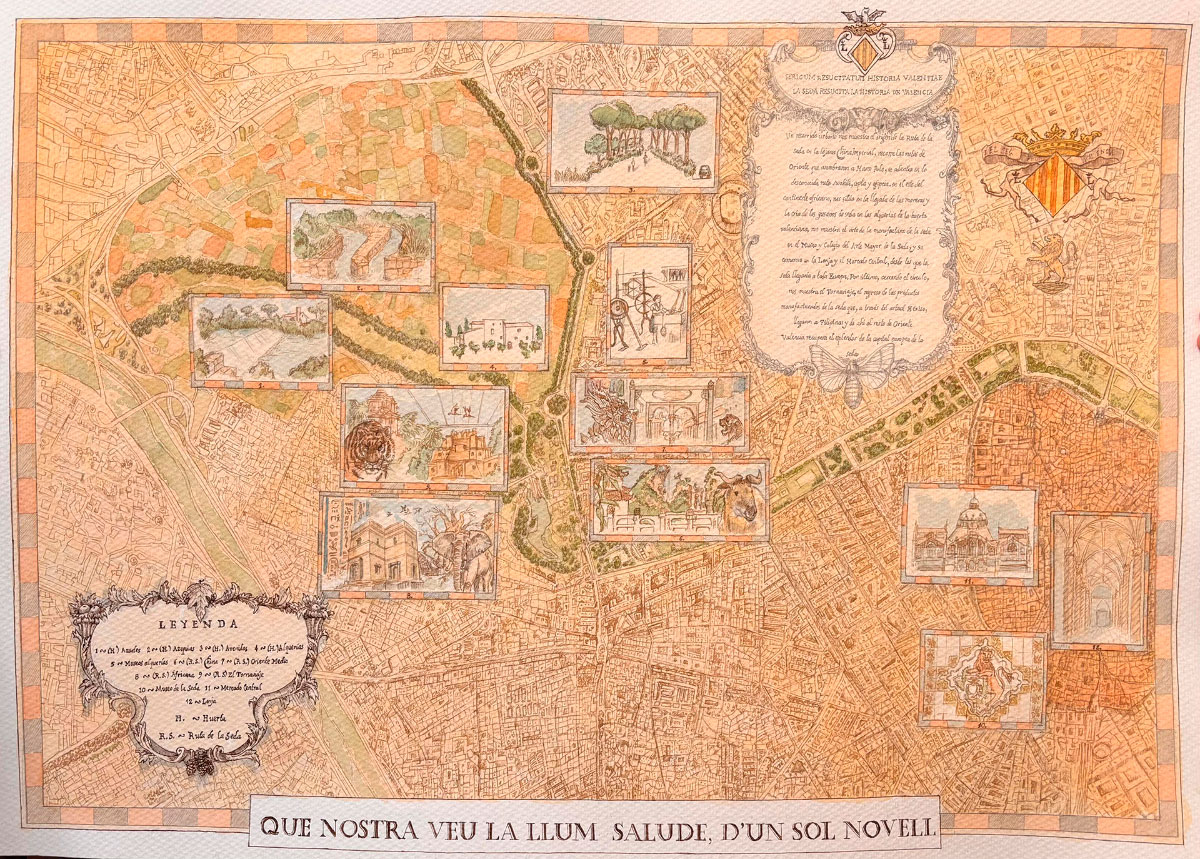
Phases of the project
The first phase, called “The Coptic Road” in the project, will involve an investment of €18 million and recreate the historic route connecting Mombasa in Kenya, with Alexandria in Egypt, a key and lesser-known section that served as a link to the Silk Road sea-route. It will feature Red Sea ecosystems, Ethiopian farms, Pharaonic temples, aviaries and children’s areas. It will include a Zanzibar-themed restaurant. This first phase is expected to be completed in 2027.
The second phase, with a €2 million investment, will rehabilitate two historic buildings on the site, which are around 500 years old and relate to the part of the Silk Road that passed through the city of Valencia. In fact, its objective is the recovery and enhancement of the historical heritage linked to silk in the city. Although initially a gastronomic use was proposed for these constructions, the new proposal prioritises their heritage and educational value. The works, as we read, are 40% complete.
The third, €44.5 million phase, the most ambitious and costly of the project, consists of the design and construction of a theme park dedicated to Imperial China, with traditional gardens, riverbeds and characteristic planting, cultural activities such as a tea ceremony and a spectacular “dragon flight (…) through virtual reality”. In addition, the theme park, in this third phase, will showcase the habitat of Asian wildlife, with birds, reptiles and primates typical of the region.
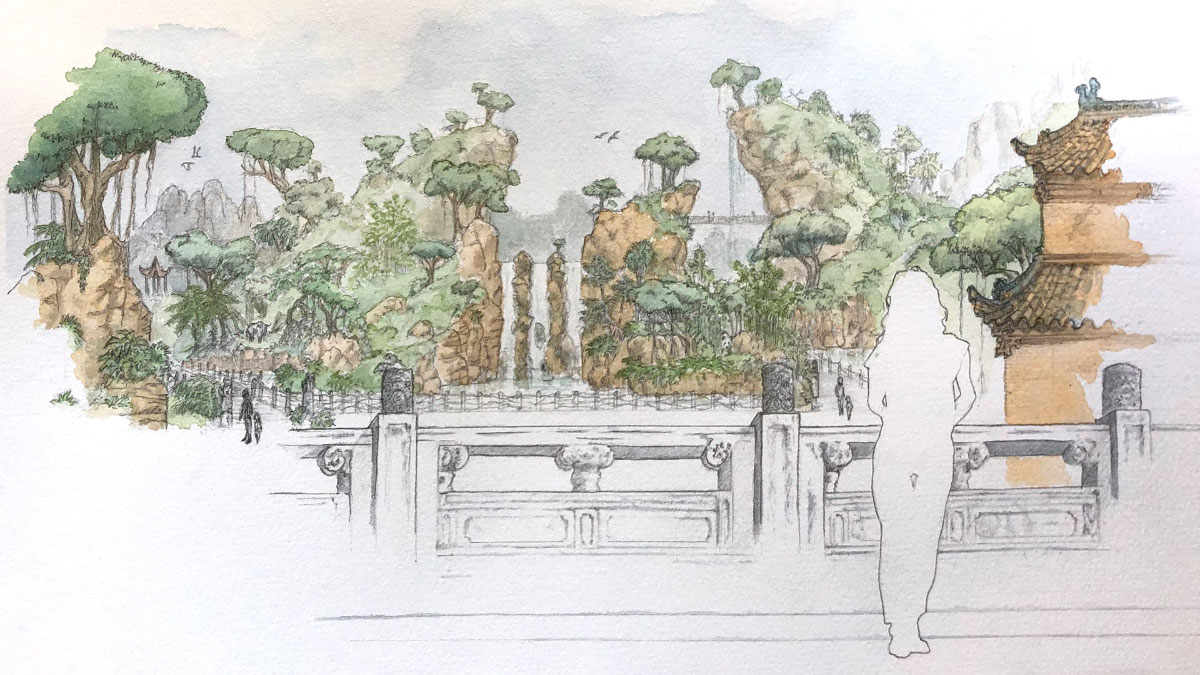
Tourist and economic impact
This addition to Bioparc is expected to double the annual number of visitors to over one million. At the same time, the project would establish the Mediterranean city as a destination for family tourism linked to science and culture. After years of unsuccessful proposals for the Bioparc’s unused land, Valencia City Council promises to speed up the process in a project that integrates private management with public interest through a concession model.
Sources: Levante-EMV, Valencia Secreta, Bioparc.
Images: Bioparc.


